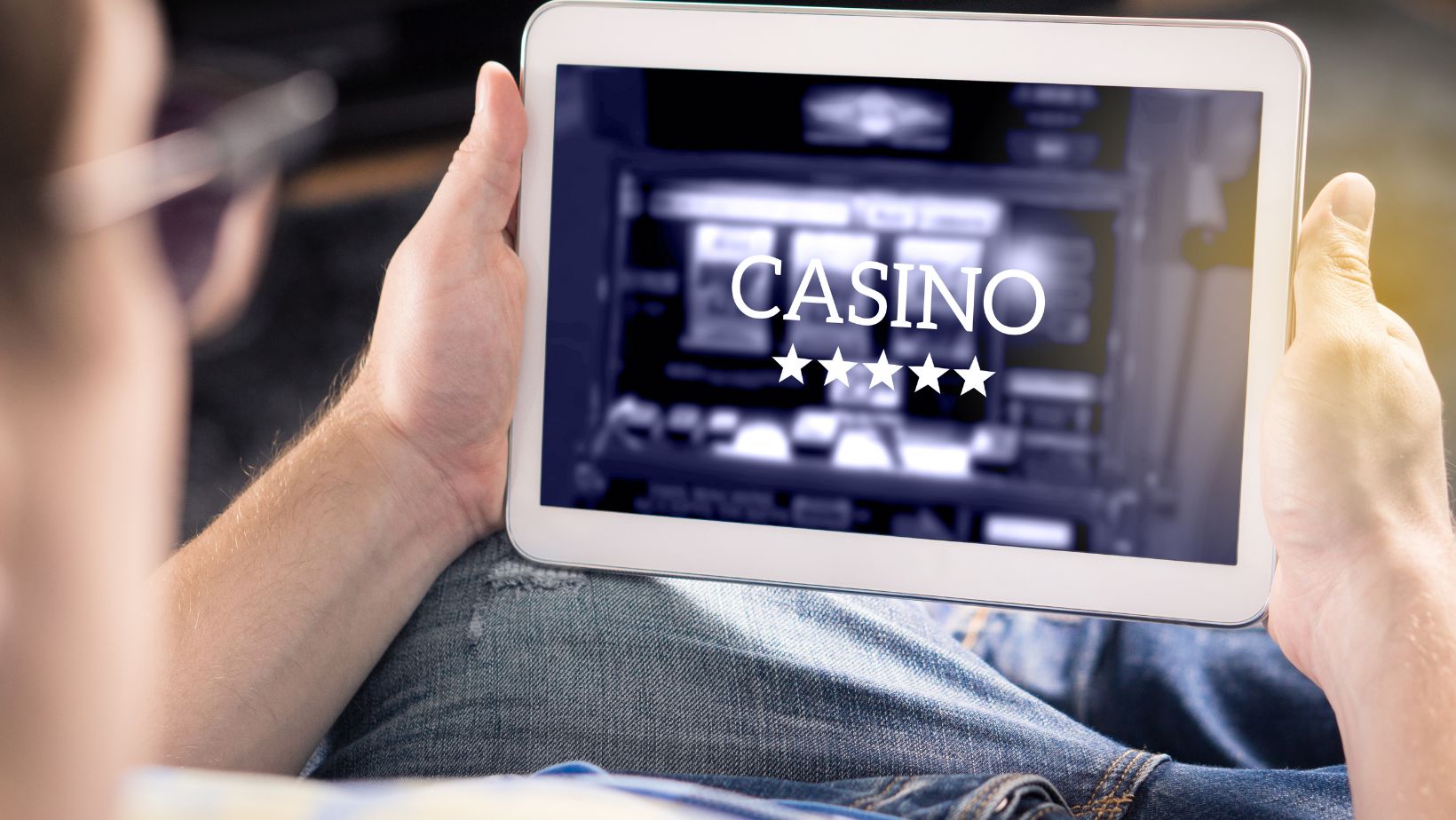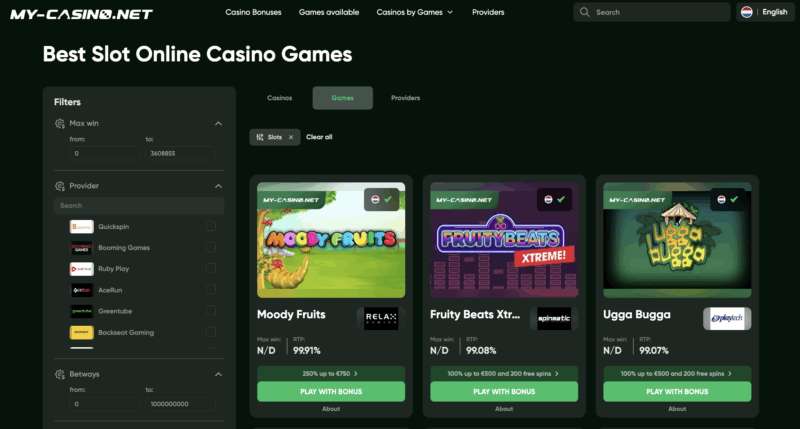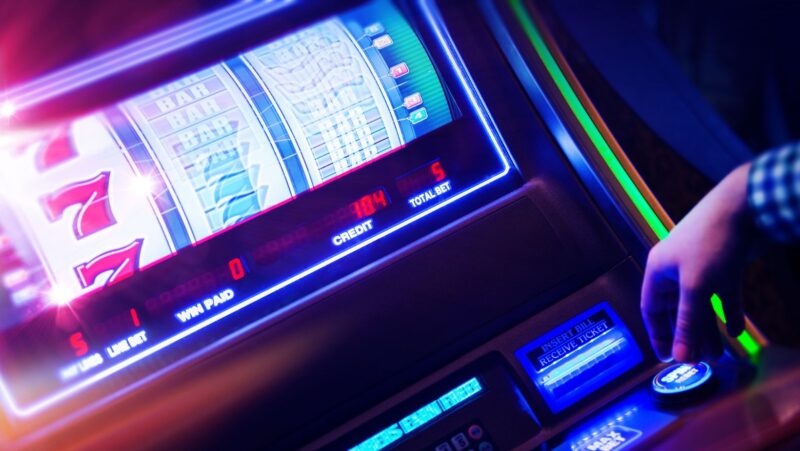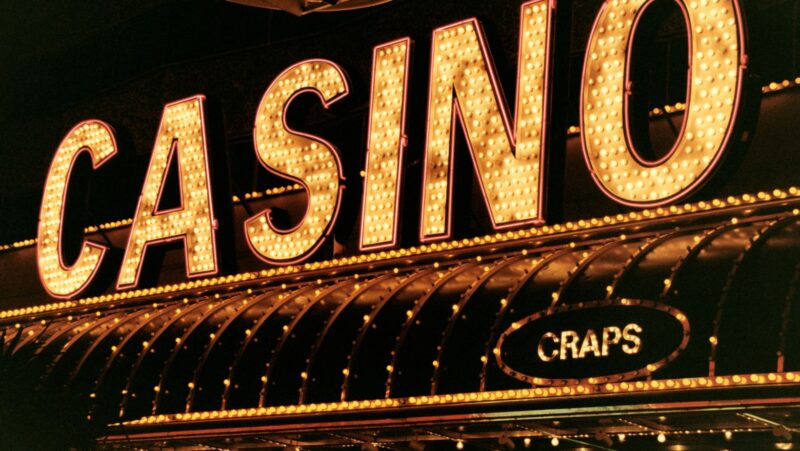
Nearly made a €500 deposit at a new casino last year. Read through dozens of five-star reviews—all praising instant withdrawals, all raving about generous bonuses. Everyone seemed thrilled. But the uniformly glowing language bothered me. Too perfect, too consistent.
Dug deeper. Found the exact same reviews posted on different sites with changed dates. Red flag. Researched the casino itself—an unlicensed operator with documented cases of withdrawal delays stretching past 60 days. That near-miss cost me nothing, but only because I’d gotten suspicious about those reviews.
Since then, I’ve learned fake reviews saturate online gambling. Casinos pay for them, affiliates write them to earn commissions, and even competitors post them to manipulate rankings. Spotting fakes has kept me away from at least three scam sites over the past year.
Red Flag #1: Everything’s Perfect (According to Them)
Genuine reviews balance positives with negatives. Real players talk about what they liked and what annoyed them. Fake reviews? Pure praise, zero criticism. Watch for phrases like “absolutely perfect experience,” “best casino I’ve ever used,” “flawless from start to finish,” or “couldn’t be happier with literally everything.”
Nobody talks like that after actually using a service. Real feedback sounds more like: “Withdrawal arrived in 2 days like they promised, though support took forever answering my verification questions.” That’s authentic—mixed experience, specific details, honest assessment.
Fake reviewers don’t do nuance. They write “everything is perfect, highly recommend!” and move on. No complaints, no friction points, no real-world messiness. Just suspiciously perfect experiences that never happen in reality.
Red Flag #2: Identical Feedback Patterns
Fake review campaigns often use templates, creating suspicious similarities. Check for: same phrases appearing in multiple reviews, identical grammatical errors repeated, and similar review length (300-400 words consistently).
Take Win Place Casino as an example. They offer a €14,000 + 300 free spins welcome bonus using codes across the first three deposits, plus reload bonuses on Mondays, Wednesdays, Fridays, and Saturdays, daily 60% to €500, and monthly 100% to €500 with 10% cashback.
When researching them, I found legitimate reviews mentioning those specific promo codes (1WP, MAANDAG, WILD), payment methods (ING, Rabobank), and actual game providers (BGaming, Yggdrasil). Fake reviews for other casinos I researched stayed vague: “great bonuses” without naming them, “many payment options” without specifying which ones.
Red Flag #3: Lack of Specific Details
Authentic reviews reference specific features, games, transaction amounts, or dates. Fake reviews stay vague because the writer never actually used the casino.

Compare these examples:
Fake: “Great bonuses and fast payouts. Love this casino!”
Real: “Claimed the Monday 40% reload bonus, completed 35x wagering on Starburst over 3 days, withdrawal of €280 processed in 18 hours via Skrill.”
The second includes verifiable specifics that demonstrate actual experience. The first could be written about any casino without playing.
Red Flag #4: No Negative Feedbacks Anywhere
No casino makes everyone happy. Which is why it’s weird when you search around—Trustpilot, Reddit, gambling forums—and find zero negative reviews. Not even one person complaining about anything? That doesn’t happen naturally. Either they’re scrubbing complaints, or those glowing reviews aren’t real.
Researching review sites, I kept seeing this pattern. One casino had over 200 reviews. Every single one gave five stars. Even the best casinos mess up sometimes. Withdrawals get delayed, players misunderstand bonus terms, and games crash. Normal operational stuff that generates at least a few complaints. But this place? Perfect record according to the reviews.
When everything looks flawless, that’s usually when it’s fake.
Red Flag #5: Missing Critical Information
Authentic reviews mention details that matter to players: withdrawal processing times with specific amounts and dates, customer support responsiveness with examples, wagering requirement experiences on specific bonuses, and game selection quality, naming actual titles.
When researching game selection, legitimate reviews of Amatic at slotspeak.net/amatic-slots/—with 199+ online slots offering 96% average RTP —include specific game names, RTP percentages, and features, and help choose the best titles.
Fake reviews say “great slot selection” without naming games or providers. Genuine reviews say “enjoyed playing Blazing Coins 20 and Lucky Joker 10, both had good RTPs around 97%.”
My Verification Process
Now I verify reviews using this checklist: search reviewer’s exact phrases in quotes to find copied content, check review dates against casino launch date, look for specific details (game names, amounts, dates, promo codes), verify reviewer profile history if available, and search for negative reviews—if none exist anywhere, investigate further.
This process takes 15-20 minutes, but it has prevented me from joining three scam casinos in the past year. The time investment is worth avoiding deposit losses to fraudulent operators.
Where to Find Legitimate Feedbacks
Player forums beat casino review sites for authenticity. Why? Casino review sites run on affiliate commissions—they earn money when you sign up through their links. That creates obvious bias. Reddit gambling communities, AskGamblers, and Trustpilot give you mixed feedback from actual users dealing with real problems.
Don’t trust reviews from just one platform. Cross-reference what you’re reading. Check Reddit, then AskGamblers, then Trustpilot. If the same experiences keep showing up—slow withdrawals, unresponsive support, specific bonus issues—you’re probably looking at legitimate feedback. Consistency across unrelated platforms is your best indicator of authenticity.












